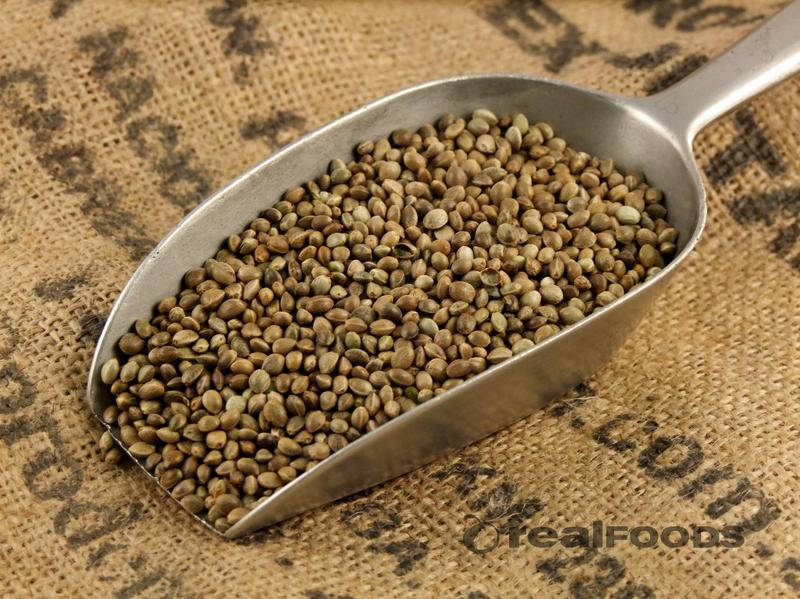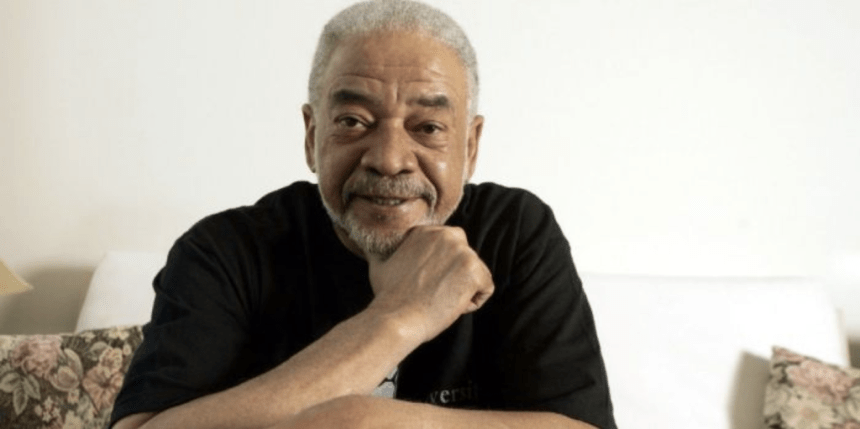
By Janelle Stecklein
Still weeks before the first cannabis seeds can be planted legally in Oklahoma soil, the state’s fledgling marijuana industry is facing a complicated conundrum.
Amid a minefield of federal regulations that prohibit marijuana products from crossing state lines, some Oklahomans are questioning just how pot growers are going to get the initial start-up seed into the state legally.
Under state and federal law, all marijuana products — including the seed — must be grown, processed and used in Oklahoma, observers say.
While voters approved legalization of medicinal marijuana just last week, Bates’ agency has been working since April to develop a framework of rules as well as an oversight office — theOklahomaMedical Marijuana Authority — to make the transition as smooth as possible and to try to iron out issues.
Getting legal access to the seed necessary to launch a medical marijuana industry is one of those thornier issues that officials are still hammering out.
“Everyone wants to stay legal, and everyone is very concerned about this. That’s why everyone is asking this question,” said Chip Paul, chairman of Oklahomans for Health, who co-authored the State Question 788 ballot initiative.
He believes the federal government prohibits moving THC-bearing cannabis seeds across state lines.
But more than two dozen other states, which have legalized the drug, have already faced the same quandary.
“A blind eye is turned generally is how these things happen,” Paul said.
He said top Oklahoma leaders have already told him that they don’t want to know how the initial seeds arrive.
Paul said Oklahomans may have a legal option — Native American tribes. These sovereign nations could technically pass the seed from tribe to tribe and sell to cannabis trade organizations, which could then offer it to growers, he said.
“There would be a lot of expense in doing that,” Paul said. “And that is probably going to be burdensome for growers.”
Frank Grove, another co-author of the ballot measure and president of the Drug Policy Reform Network of Oklahoma, said he expected the Legislature was going to step in to solve the dilemma. His nonprofit is dedicated to reforming drug policy.
“This is one of the gaps in 788 that we intended to be cov- ered by the Legislature,” Grove said. “The intention was always for gaps to be filled and for this (ballot language) to a negotiating point. We never intended for it to be implemented without additional regulations to fill those gaps.”
Republican Gov. Mary Fallin said last week she doesn’t intend to call lawmakers back into special session to address implementation.
Grove expects many Oklahomans will simply order the seeds online and have them shipped to the state.
“As far as I’m aware, you can purchase seeds online,” he said. “There are all sorts of federal laws you are still breaking by just possessing marijuana, but that is what is going to happen effectively.”
New Health Solutions Oklahoma executive director and attorney Bud Scott said he believes seed stock can be shipped, but that’s one of the things that needs to be added to state statute. Scott’s organization serves as the trade association for medical marijuana in Oklahoma.
His group is calling on lawmakers to reconvene in a special session.
“We believe it would be incredibly helpful legally to have that spelled out in statute,” Scott said. “I think that if we don’t spell out several provisions in statute, that there’s going to be room for legal challenges, (and) there’s going to be room for chaos.”
Stecklein covers the Oklahoma Statehouse for CNHI’s newspapers and websites. Reach her at jstecklein@cnhi.com.









